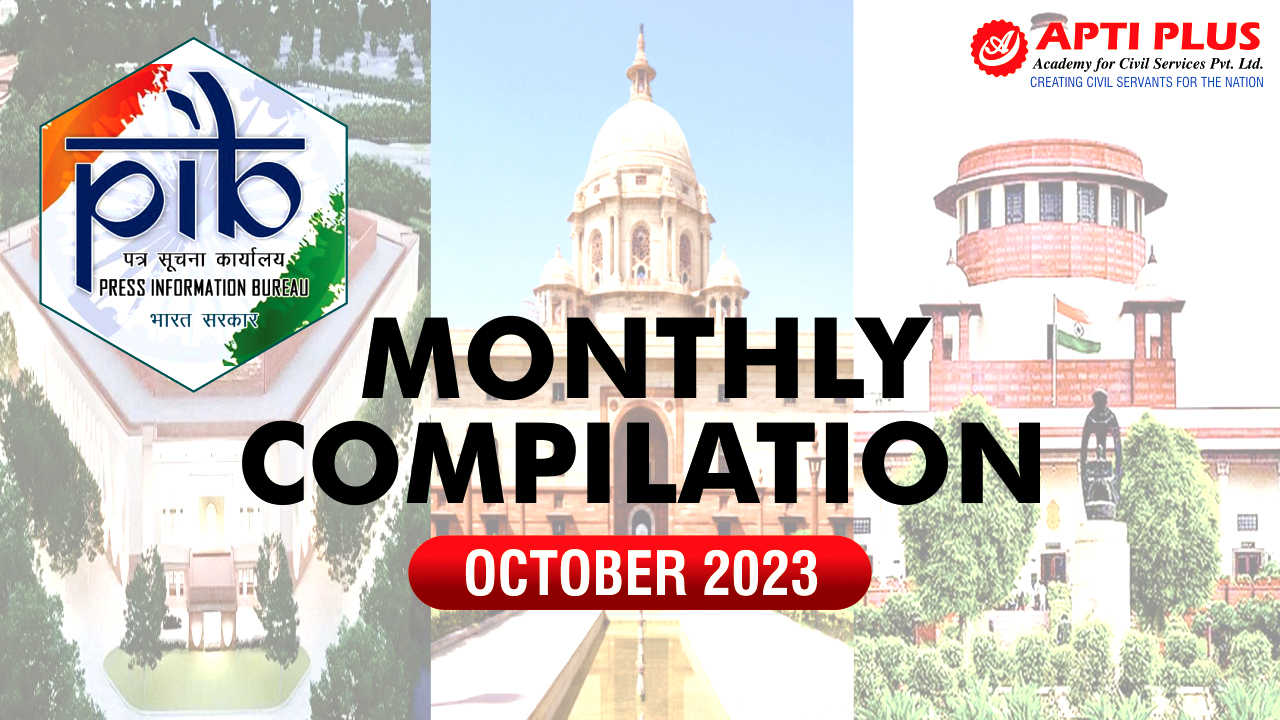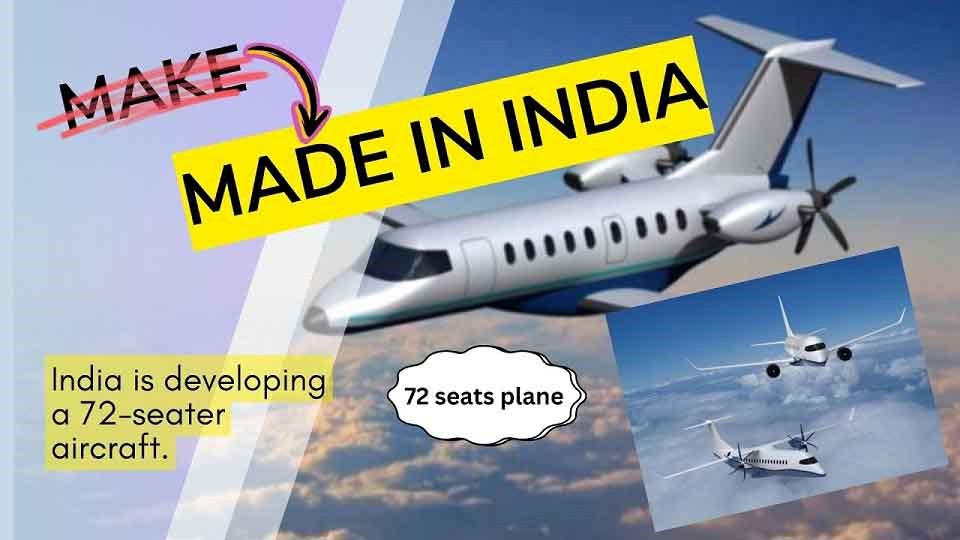Description

Disclaimer: Copyright infringement not intended.
Context
- The Global Partnership on Artificial Intelligence (GPAI) Summit kickstarted in New Delhi, with Prime Minister Narendra Modi inaugurating the event.
- India is negotiating with the 28 other member countries to arrive at a consensus on a declaration document on the proper use of AI, the guardrails for the technology and how it can be democratised.
Details
Global Partnership on AI (GPAI)
- Objectives: GPAI is a multi-stakeholder initiative focused on bridging the gap between theory and practice in AI. It involves various stakeholders like governments, industry experts, civil society, international organizations, and academia. The initiative aims to support cutting-edge research, address AI-related priorities, and promote international cooperation in AI development.
- Declaration Document: The summit seeks to create a declaration document that outlines the proper use of AI, sets guardrails for the technology, and emphasizes the democratization of AI. This declaration is expected to encompass discussions on evaluating AI in sustainable agriculture, collaborative AI, and aligning with India's Digital Public Infrastructure (DPI) approach.
India's Stance on AI at GPAI
- DPI Approach: India intends to apply its Digital Public Infrastructure (DPI) approach to AI. Similar to Aadhaar and Unified Payments Interface (UPI), this approach aims to build underlying systems facilitating the proliferation of AI. India seeks to develop robust databases and computing capacities to support AI's wider implementation.
- Summit Agenda: India's emphasis at the GPAI Summit revolves around evaluating AI in sustainable agriculture and fostering collaborative AI. These align with previous GPAI themes like healthcare, climate action, and building resilient societies.

Global Conversation on AI Regulation
- EU's AI Act: The European Union has recently passed the AI Act, introducing strict safeguards on AI use, including restrictions on facial recognition and AI manipulation of human behavior. It aims to address concerns about AI misuse and empower individuals to lodge complaints against violations.
- AI Safety Summit: The UK hosted an AI Safety Summit where major countries agreed on the need for global action to address potential risks associated with AI, acknowledging risks related to cybersecurity, biotechnology, disinformation, bias, and privacy.
- US Executive Order: The United States issued an executive order aimed at safeguarding against AI threats and providing oversight over safety benchmarks used by companies evaluating generative AI models. This step was seen as the Biden Administration's initial move to regulate advancing AI technology.
About GPAI
- The Global Partnership on Artificial Intelligence (GPAI) is an international initiative established to guide the responsible development and utilization of artificial intelligence (AI), adhering to human rights and democratic values.
- It was proposed by Canada and France during the 2018 G7 summit and formally launched in June 2020, hosted by the Organisation for Economic Co-operation and Development (OECD).
Objectives and Structure of GPAI:
- Objectives: GPAI aims to bridge the gap between theory and practice in AI by supporting research and applied activities that are pertinent to policymakers in the AI realm. It brings together expertise from various sectors such as industry, civil society, governments, and academia to collaborate on addressing the challenges and opportunities posed by AI.
- Membership: The partnership initially began with fifteen founding members, including countries like Canada, France, Germany, India, Japan, the United States, and the European Union. Since then, its membership has expanded to include more nations, with the current count standing at 29 members.
- Secretariat and Governance: The OECD hosts a dedicated secretariat to support GPAI's governing bodies and activities. It operates across several Working Groups focusing on themes like Responsible AI, Data Governance, Future of Work, and Innovation & Commercialization. These Working Groups are supported by Centers of Expertise in Montreal and Paris.
- Leadership and Presidency: GPAI has a Steering Committee and a Multi Stakeholder Group (MEG). The chairs of these groups change periodically, with different countries taking up the presidency. Canada, France, Japan, and India have assumed the presidency in different years since its inception in 2020.

Key Developments and Collaborations:
- UNESCO joined GPAI as an observer in December 2020.
- The membership increased with countries like Czechia, Israel, and several EU nations joining in November 2021.
- Themes of collaboration include Responsible AI, Data Governance, Future of Work, and Innovation & Commercialization, each supported by specific centers.
- The leadership rotates, with different countries hosting and chairing meetings to steer GPAI's agenda.
UPDATE- Global Partnership on Artificial Intelligence (GPAI) New Delhi Declaration:
- Unanimously adopted by 29 member countries, underscoring the need to mitigate risks related to AI development and deployment while promoting innovation.
- Emphasizes the economic potential of advanced AI systems for growth, innovation, and job creation across diverse sectors.
- Advocates for a global framework rooted in democratic values, human rights, dignity, personal data protection, intellectual property rights, privacy, and security for responsible AI use.
- Encourages equitable access to essential resources for AI innovation such as computing, diverse high-quality datasets, algorithms, and software.
- Recognizes the agriculture sector as a thematic priority for AI innovation.
- Commits to diverse membership, particularly focusing on low- and middle-income countries to ensure a broad range of expertise and shared experiences based on common values.
- Highlights Senegal's elevation to the GPAI steering committee, indicating active participation within the grouping.
UPDATE- Contrast between New Delhi Declaration and Bletchley Park Declaration:
- New Delhi Declaration seeks a balance between promoting innovation and addressing AI-related risks.
- Bletchley Park Declaration (UK AI Safety Summit) prioritizes tackling potential AI risks, focusing on security and safety concerns related to AI systems.
UPDATE- India's Changing Stance on AI Regulation:
- Shifted from previously considering no legal intervention in AI regulation to actively formulating regulations based on a "risk-based, user-harm" approach.
- Prime Minister Narendra Modi, during the GPAI Summit, acknowledged AI's dual potential as a developmental tool and a potential hazard, stressing the need for a global framework ensuring responsible AI use.
- Incident involving deepfakes of popular personalities prompted discussions on concrete legislative steps to combat AI-based misinformation, potentially leading to new laws or amendments.
- The Telecom Regulatory Authority of India (TRAI) proposed establishing a domestic statutory authority to regulate AI through a "risk-based framework," suggesting collaborations with international agencies for responsible AI use.
Conclusion
The GPAI operates as a collaborative platform for international cooperation on AI, pooling expertise from various domains to address the ethical, regulatory, and practical challenges of AI adoption while promoting its responsible and ethical development globally.
India's involvement in the GPAI Summit signifies its commitment to shaping global conversations on AI regulation, emphasizing collaborative efforts to ensure AI's ethical and responsible utilization across sectors like agriculture, healthcare, and beyond.
|
PRACTICE QUESTION
Q. How can international collaborations such as GPAI address the ethical, legal, and socio-economic challenges associated with AI on a global scale? (250 Words)
|















